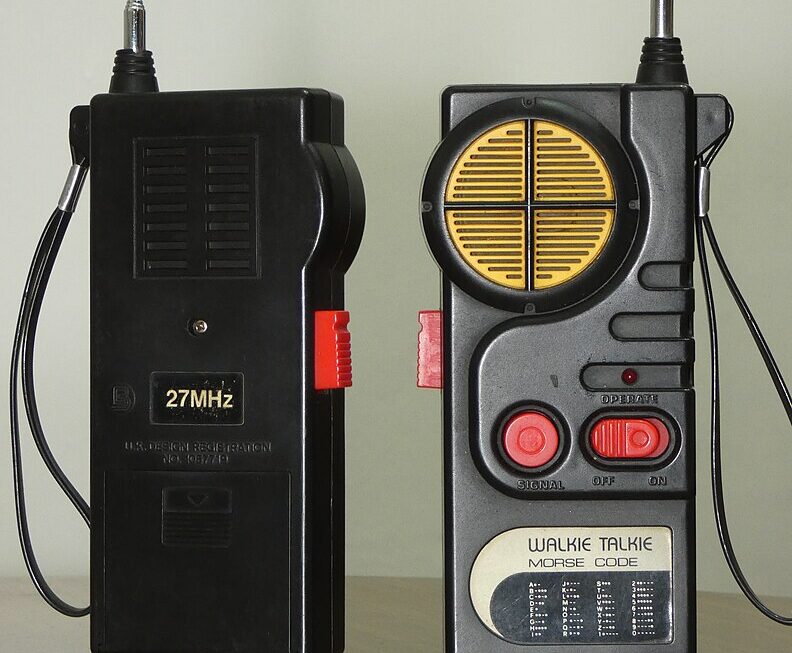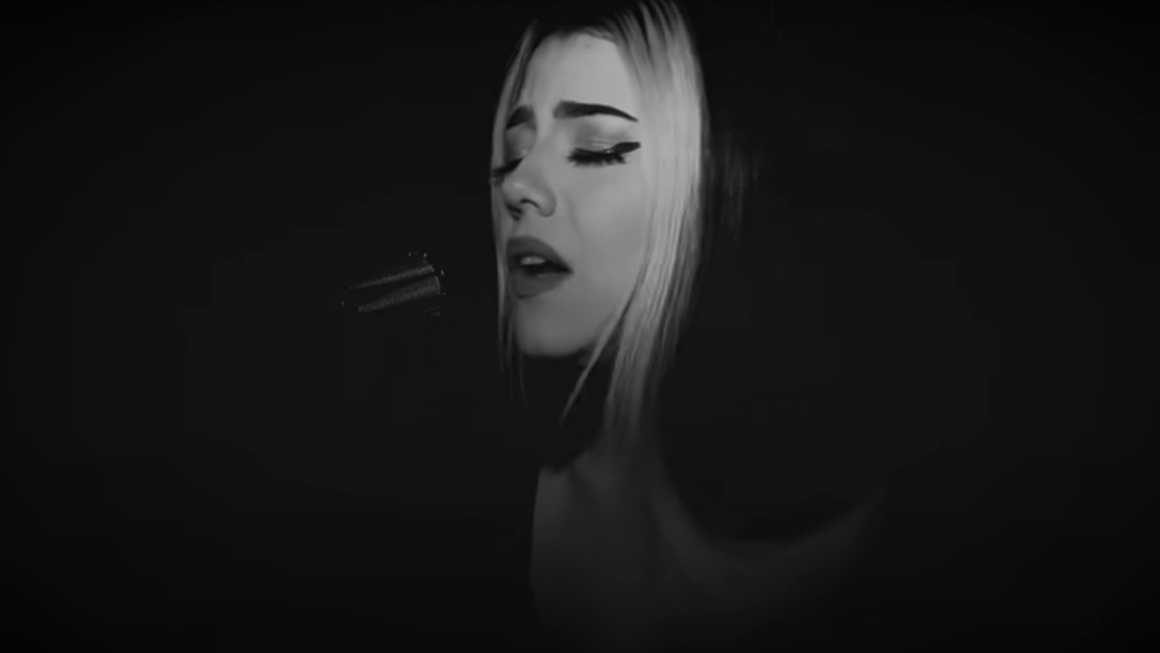“I’m sinking in the quicksand of my thought
And I ain’t got the power anymore”
– David Bowie, “Quicksand” (1971)
“Quicksand” may be the greatest song that David Bowie ever wrote. This song is the 6th track on Bowie’s December 1971 album “Hunky Dory.” Bowie often explored the boundaries of identity, reality, and artifice, and “Quicksand” can be seen as a pivotal point in this exploration. This song’s lyrics offer more questions than answers, inviting deep introspection. The piece blends deep existential themes with Bowie’s unique artistic vision.
Musically, “Quicksand” is understated yet powerful. The acoustic arrangement provides a stark backdrop to Bowie’s vocals, emphasizing the introspective nature of the lyrics. The melody is haunting, with a sense of yearning and unresolved tension that mirrors the song’s thematic content. But the purpose of this essay is to delve into the layers of meaning within the lyrics of “Quicksand.” Let’s explore its lyrical complexity, thematic depth, and its place within Bowie’s broader artistic journey.
At its core, “Quicksand” is a meditation on the human condition, existential dread, and the quest for meaning. We find that the lyrics are steeped in references and allusions to mysticism, philosophy, and personal struggle. Bowie creates a narrative both deeply personal and universally resonant, touching on themes of enlightenment, disillusionment, and the search for truth. The song oscillates between the esoteric and the existential, merging historical, mystical, and personal themes in a way that demands a nuanced exploration.
One of the most striking aspects of “Quicksand” is the rich intertextuality of its lyrics. Bowie references a pantheon of historical and cultural figures, each embodying different facets of human belief and ambition. These references are not just name-dropping; they are integral to the song’s exploration of the allure and danger of dogma, and the fine line between enlightenment and delusion. Exploring these sorts of duality are a recurring motif in Bowie’s work, reflecting his own artistic journey and his constant reinvention.
At the outset, Bowie acknowledges his own insecurities and the elusive nature of truth. He positions himself as “closer to the Golden Dawn,” directly referencing an esoteric and occult organization known for its ceremonial magic and mystical teachings. This is immediately juxtaposed with being “Immersed in Crowley’s uniform,” pointing towards Aleister Crowley, a controversial figure associated with ceremonial magic and a philosophy of self-discovery and liberation. The use of “uniform” here might symbolize a kind of discipline or adherence to a particular set of beliefs or practices.
The next lines, “I’m living in a silent film / Portraying Himmler’s sacred realm / Of dream reality,” further deepen this esoteric journey. The silent film could symbolize an era of innocence or naivety, while Himmler’s sacred realm likely refers to the twisted utopia envisaged by the Nazis, a cautionary tale about the dangers of unchecked ideology. The phrase “dream reality” then suggests an existence that isn’t quite real, yet not entirely imaginary — a liminal space where ideas and beliefs are as tangible as physical reality.
The sense of powerlessness, expressed in “I ain’t got the power anymore,” resonates as the central theme of “Quicksand.” It reflects disillusionment with the grand narratives or the ideologies that Bowie himself has encountered. This line, repeated for emphasis, underscores a sense of loss – perhaps of innocence, belief, or control.
References to “Garbo’s eyes” and “Churchill’s lies” are particularly striking. Greta Garbo, a symbol of enigmatic and unattainable beauty, and Winston Churchill, a figure often associated with political cunning and wartime leadership, bring a sense of cinematic and historical grandeur to the lyrics. Bowie identifies himself as “the twisted name on Garbo’s eyes” and “living proof of Churchill’s lies,” suggesting disillusionment with the idealized images and narratives created by society and history.
The dichotomy of “light and dark” and the imagery of “kissing the viper’s fang” or heralding “the death of Man” suggests a flirtation with danger, with the morally ambiguous, or with the ultimate questions of human existence. This is intertwined with the titular theme of “sinking in the quicksand of my thought,” which captures the overwhelming nature of these profound and often disturbing ruminations.
“Don’t believe in yourself / Don’t deceive with belief / Knowledge comes with death’s release,” these lines seem to critique the notion of self-aggrandizement and the folly of blind belief. Bowie appears to advocate for a kind of intellectual humility, suggesting that true understanding, or “knowledge,” might only be attained upon the relinquishment of life. This possibly implies a Buddhist or nihilistic perspective on the impermanence and limitation of human understanding.
The Buddhist perspective seems to be the choice here, as Bowie has the lines “If I don’t explain what you ought to know / You can tell me all about it / On the next Bardo.” The term “Bardo” is from Tibetan Buddhism, referring to a transitional state between death and rebirth. This is consistent with Bowie’s known interest in various spiritual and philosophical concepts, including those from Eastern traditions. In this context, “the next Bardo” could symbolize a meeting in the next life or a future state of existence.
The phrase “If I don’t explain what you ought to know” could be a comment on the limits of communication and understanding between people. Bowie might be saying that some truths or insights are too complex or profound to be conveyed in this life.
Also, the idea of discussing these unexplained things “on the next Bardo” implies a belief in the continuity of consciousness beyond death. It suggests that the conversation Bowie is attempting to start with “Quicksand,” and thus the individual growth related to it, can continue beyond our current lives.
Somewhat ironically, with Bowie having now long passed on, in some ways his songs have allowed at least some aspect of his consciousness to indeed transcend his earthly life. In this case, Bowie is touching on themes of spiritual continuity, the limits of understanding in one lifetime, and the hope of eventual enlightenment or closure in a future state of existence.
Finally, the acknowledgment of being “a mortal with potential of a superman” reflects a humanistic understanding of human potential, tempered by the reality of human limitations. The reference to “the logic of Homo Sapien” and the “great salvation of bullshit faith” could be interpreted as a skeptical view of human rationality and religious dogma, respectively.
In summary, the lyrics of “Quicksand” create a complex narrative exploring themes of power, belief, knowledge, and the human condition. Bowie challenges the listener to consider the nature of reality, the allure of mysticism and ideology, the seduction of power and beauty, and the ultimate quest for understanding in a world that’s often contradictory and elusive.
“Quicksand” stands out as a profound piece of art in David Bowie’s oeuvre. It encapsulates his ability to blend deep philosophical inquiry with compelling music, creating a song that’s both intellectually challenging and emotionally resonant. Through “Quicksand,” Bowie invites us into a space of introspection, encouraging us to confront our own beliefs, fears, and the inexorable search for meaning in the quicksand of our existence. In an uncertain time, even a half century on from its release and its references becoming obscured by growing generational gaps, “Quicksand” is relevant to ponder as ever.
Listen to the 2015 remaster of “Quicksand” by David Bowie on YouTube Music.
~ Amelia Desertsong
P.S. There’s also an absolutely brilliant cover of “Quicksand” by The Pretty Reckless.



